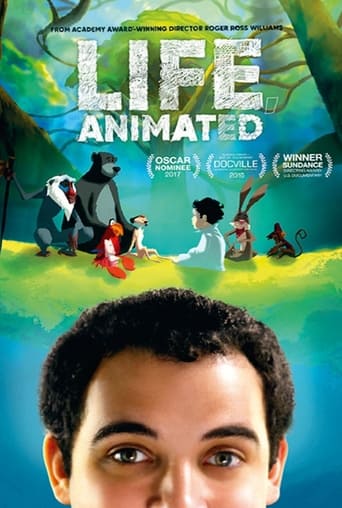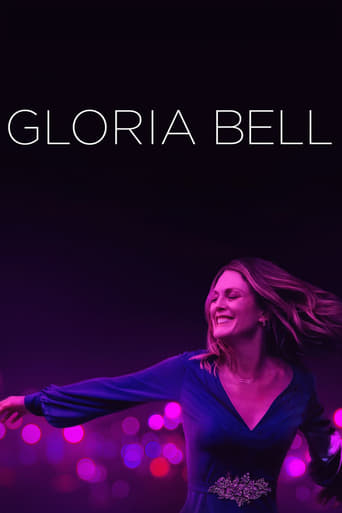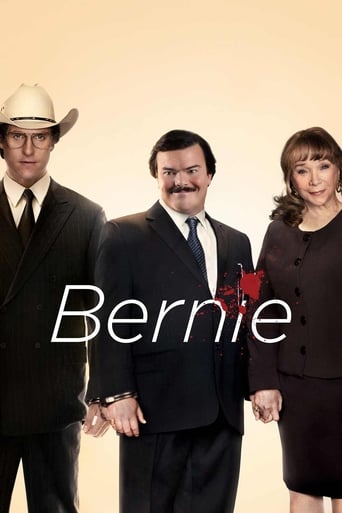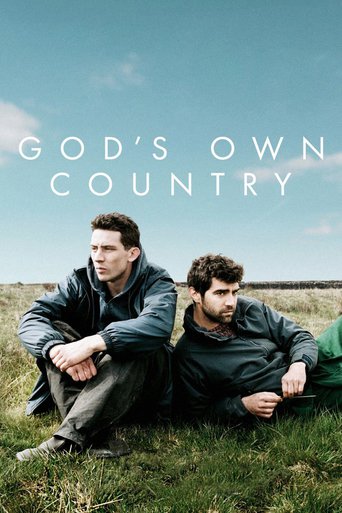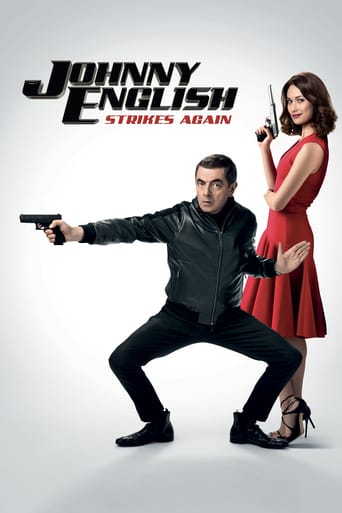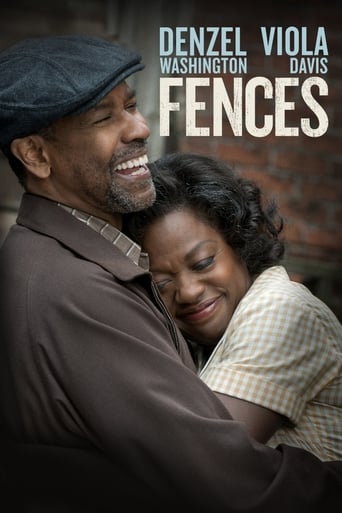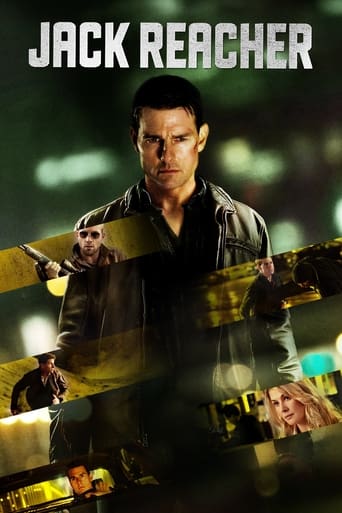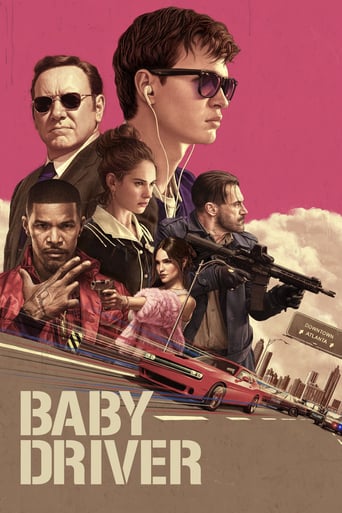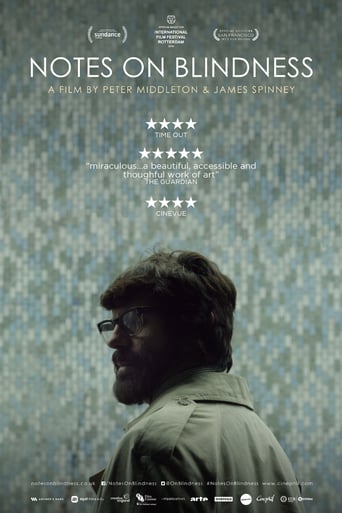


Notes on Blindness
After losing sight in 1983, John Hull began keeping an audio diary, a unique testimony of loss, rebirth and renewal, excavating the interior world of blindness. Following on from the Emmy Award-winning short film of the same name, Notes on Blindness is an ambitious and groundbreaking work, both affecting and innovative.
-
- Cast:
- John M. Hull , Marilyn Hull , Dan Renton Skinner , Simone Kirby , Eileen Davies , Victoria Wicks , Amelda Brown


Similar titles

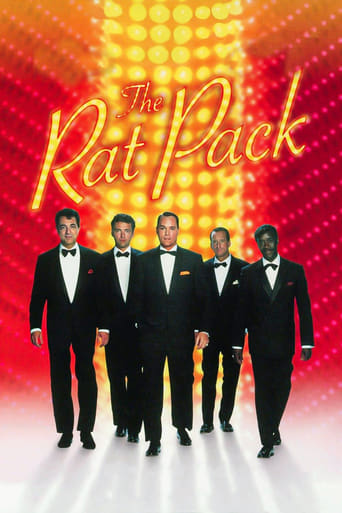
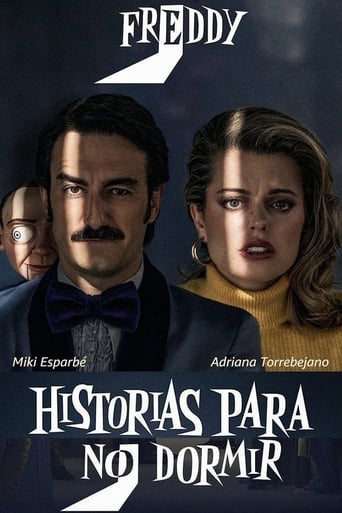
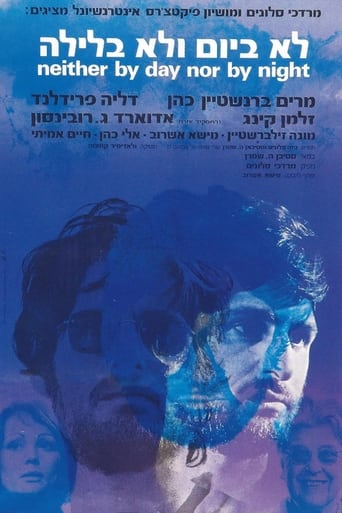


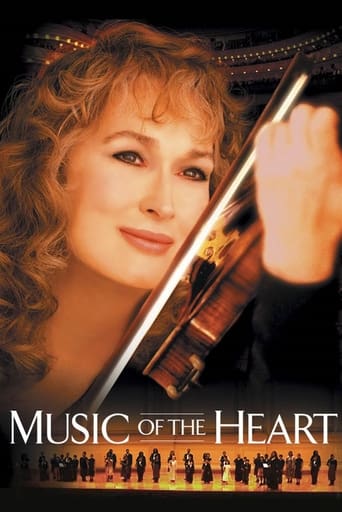
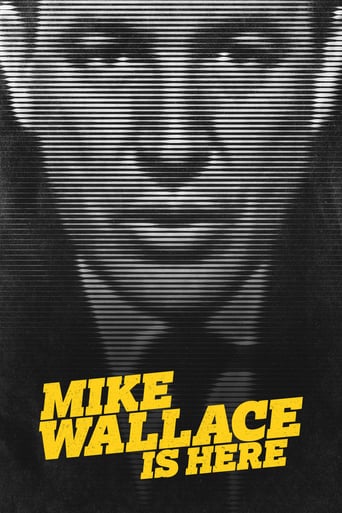
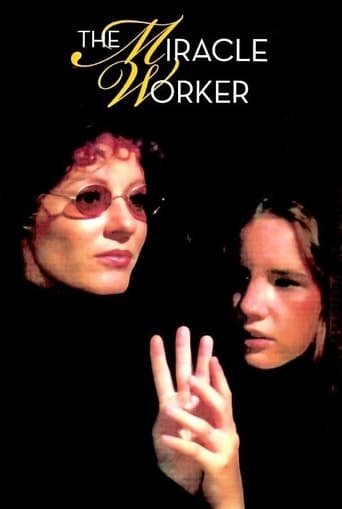
Reviews
I love this movie so much
Instead, you get a movie that's enjoyable enough, but leaves you feeling like it could have been much, much more.
The movie's not perfect, but it sticks the landing of its message. It was engaging - thrilling at times - and I personally thought it was a great time.
A terrific literary drama and character piece that shows how the process of creating art can be seen differently by those doing it and those looking at it from the outside.
This is such an amazing piece of work; put in the shoes of someone who loses his sight, halfway through his lifetime, which is one of my personal worst nightmares, I was in tears throughout most of this film. Sight is so essential to my every being, I cannot describe how awful it felt to me, to put myself in the shoes of someone losing perhaps the most important sense of all. It was absolutely devastating to be brought along this journey into nothingness with this film. And yet, as John puts it, it's still a gift bestowed upon him, just like this film is. The whole is so beautifully, atmospherically put together. The cinematography matches the subject so incredibly well, it works with how you could possibly show a person's story who can't see. For a person to overcome this disability, to make the most of it, to thrive on it, despite relying on all senses but his sight, is so amazingly inspirational. I found myself challenging myself to experience my senses, other than my sight more fully. I walked around my house with my eyes shut, I stood outside listening to the rain falling, I familiarised myself to my surroundings. No film to date has ever had this effect on me.
A semi-documentary drama, directed by Peter Middleton and James Spinney, produced by The New York Times, is a memoir of a theologian and author, John M. Hull. The 90-minute documentary was developed from Hull's cassette-taped audio cassette that gradually lost sight in 1983. The main film is a second project of Middleton and Spinney who previously worked on short films, as well as a Hull record of approximately 16 hours. Middleton and Spinney then selected and compiled the parts that best demonstrate Hull's physical and psychological expression when he loses his eyesight and how it affects his personal emotions and family life.The film is somewhat unusual, as it recounts the memoirs of a man's audio recording and his struggle with the process of his blindness. Middleton and Spinney beautifully visualize Hull's audio recording with his wife, Marilyn. With the brilliant performance of the actors who berlyp-sync harmonize the actual words spoken by John and his wife, managed to strengthen the visualization of this film.It is, however, an irony when we enjoy a visual presentation of the emotions and feelings of a person who loses his visual abilities. As if this film can make us understand Hull's struggle to control his emotions when he lost his eyes slowly. But this is what Middleton and Spinney did. Using Hull's audio diary, they elegantly visualize every Hull word that is equally beautiful.The cinematographer, Gerry Floyd does an amazing job. By taking close-up pictures, we see detail in the Hull world. As if we could feel the texture of the walls, the surface of the wooden table, even the gentle face of his wife. Makes us feel what Hull feels when he has to grope around the walls and surrounds while walking. We are invited to feel Hull's emotions as he loses his ability to see, feel more detail everything around him.Accompanied by a musical score with the right portion, bringing our atmosphere and feelings into every Hull's speech, with no added soundtrack. The most memorable and memorable moment is when Hull and his wife dance in the living room accompanied by the soundtrack of The Mamas and The Papas, making us feel the warmth of love between the two.John not only lost his eyesight, but it took him to lose one by one other things in his life. How can he read, take notes, research, teach at college? What about his other responsibilities? As if that were not enough, Hull's blindness also snatched his past. He slowly loses his memory of the visual around him, even his wife's face. He also had not had time to see the face of his son Lizzie and 2 children last born after his blindness.John reveals to us that he believes some of his brains are dying because some of them no longer have the power to process images. He said he was hungry for the stimuli he could not get. The frustration of being uselessly effective as a parent is also a heavy burden in his mind, and several times in his audio recording, we can almost feel the depression John has to endure. At first, Hull wrestled against the signs of his blindness even until he was totally blind. He recorded the books he had to read to remain active as a teacher. He continues to reject the reality of his life. But gradually, the resistance was in vain. He also learned to accept reality."Was I going to live in reality or live in nostalgia? I would not live in nostalgia, but would live in reality. And become blind, "he said. The dream he experienced and the way he described it was a beautiful bitter torture, for it was the only way to bring a new picture to his world. "It's a present," he said. "It was not the gift I wanted, but it was a gift." At that point, his question became: "It's not why I got it, but what would I do with it?" Hull learned to be blind. It makes it an advantage, rather than its flaws. He felt things around him in a way he had never felt before."How can you blind and sighted people really understand each other? How can man understand women? How can the rich understand the poor? How can the old understand the young? Can we have insight into other people? This answer to the whole question is at the end of Hull's quote statement that "To get our full humanity, the blind and the sighted people need to meet each other." A beautiful conclusion of a journey seeks meaning in feeling beyond vision and hearing.
The premise behind this is quite intriguing and so going into it I was really curious about how the whole thing would be executed. It's a documentary and drama film at the same time. It reminded me a lot of The Diving Bell and the Butterfly. There's something quite lyrical and poetic about the filmmaking. The cinematography needed to really capture the kinds of images that could be going around this man's head and through the recorded audio it is able to effectively capture that. I think a problem I had with the film is that I never fully connected with it. I was only able to admire it from a distance because of that disconnect, and because of that I am able to recommend it and say that it is worth the effort. However, it is unfortunate that I wasn't able to like it more.
I love the concept behind these. Using actual tapes, editing them together in a way to present them as a narrative, and then creating the visuals to match it. The fact that it is a story about a man who no longer can see, adds to it. It's an interesting way to mix truth and fiction, because the story and dialogue is all real, and could have been presented as a documentary of sorts. But by editing them, adding the environmental sounds, and getting actors to "play it out", it blurs the line in a really interesting way. That, in addition to some of the insights into how it is to become blind, are the clear highlights of the movie. Sadly, it does not have much more to offer that's very interesting.In a way, ironically, I think this story would work better as just the audio. The editing done was brilliant, and combine with the atmospheric sounds added, I think it could have been a really good radio story. With an added level that a story about blindness would have no visuals.

